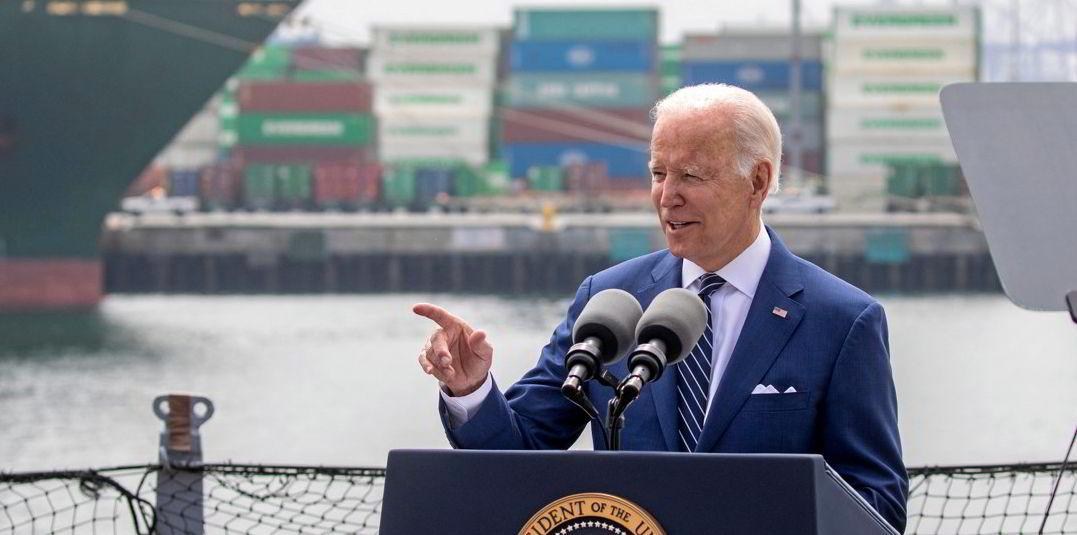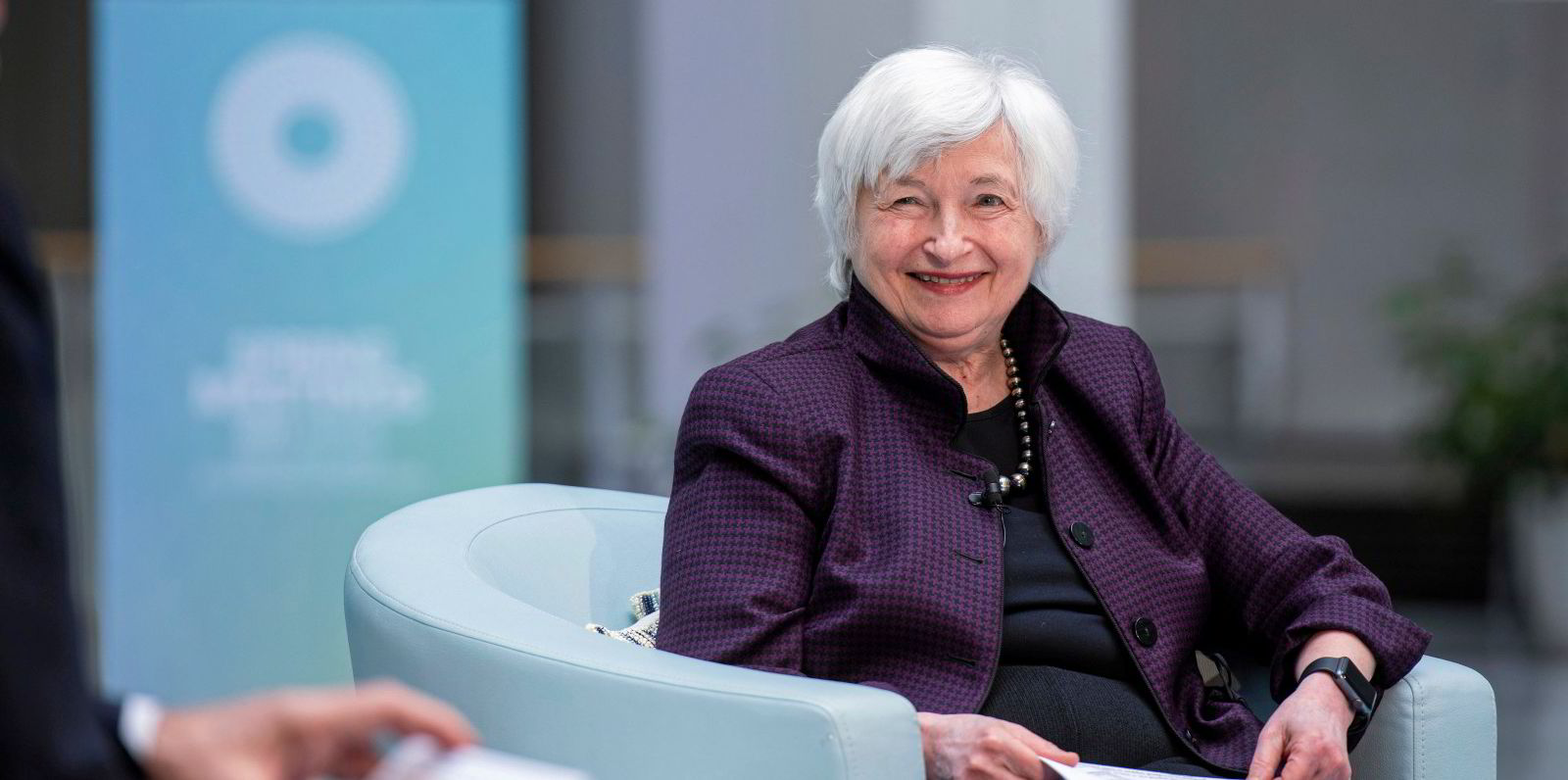US President Joe Biden has extended the ban on Russian-affiliated ships for another year, according to a White House press statement released late on Tuesday.
The decree that precludes any vessels of Russian registry, or are owned by Russian companies, citizens, or residents, or vessels that are Russian-operated from anchoring off or calling at any US port was first implemented in April 2022 and was due to expire this week.
Biden said Russia’s “premeditated, unjustified, unprovoked, and brutal war against Ukraine” continued to constitute a national emergency “by reason of a disturbance or threatened disturbance of international relations of the United States”.
“Therefore, in accordance with section 202(d) of the National Emergencies Act, I am continuing for one year the national emergency with respect to the Russian Federation and the emergency authority relating to the regulation of the anchorage and movement of Russian‑affiliated vessels to United States ports,” Biden said.
The extension of the ban on Russian shipping came a week after the US Office of Foreign Assets Control sanctioned three Turkish-owned bulkers and the ownership interests behind them.
The three bulkers — the 38,464-dwt Alara (built 2015), 37,718-dwt Ipsala (built 2016) and 38,595-dwt Ula (built 2021) — were owned and operated by Pola Rise from July 2022 until October 2022, when they were re-flagged in Turkey under the ownership and commercial management of Artvin Denizcilik ve Ticaret.
The sanctions against Artvin and its fleet were levied due to alleged connections to Pola Raiz, a St Petersburg-based shipowner that is sometimes spelt Pola Rise. It was sanctioned in February for involvement in Russian trades with Turkey and facilitating shipments to Arctic construction sites.
Salda Management Denizcilik, which took over the technical management of the three ships, was also sanctioned.
Biden’s extension of the ban on Russian-affiliated shipping comes ahead of Russian foreign minister Sergey Lavrov’s visit to the United Nations headquarters in New York next week where he will discuss the Black Sea grain deal with UN Secretary General Antonio Guterres.





